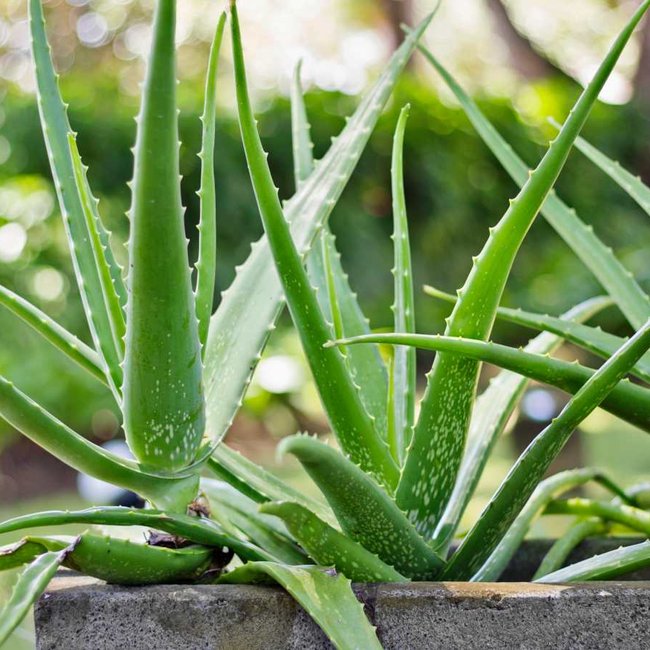Roundworms
Meta Information
Scientific Name
Average Lifespan
Average Size
Similar To
Lifecyle
Diet
Habitat
-
What are roundworms?
Roundworms, also known as nematodes, are a type of invertebrate that are found in soil, water, and even in the bodies of animals and humans. They are cylindrical in shape and have a long, slender body that is covered with a protective cuticle. Roundworms are one of the most diverse groups of animals on the planet, with over 25,000 known species.
-
How do roundworms reproduce?
Roundworms reproduce sexually, with males and females mating to produce offspring. Some species of roundworms can also reproduce asexually, by laying eggs that hatch into new individuals. In many cases, roundworms have complex life cycles that involve multiple hosts and stages of development.
-
What are the symptoms of a roundworm infection in humans?
The symptoms of a roundworm infection in humans can vary depending on the species of roundworm involved. Common symptoms include abdominal pain, diarrhea, vomiting, weight loss, and fatigue. In severe cases, a roundworm infection can lead to blockages in the intestines, which can be life-threatening.
-
How do humans get infected with roundworms?
Humans can become infected with roundworms by ingesting contaminated food or water, or by coming into contact with contaminated soil. Some species of roundworms can also be transmitted through the bite of an infected mosquito or other insect.
-
How are roundworm infections treated?
Roundworm infections in humans are typically treated with antiparasitic medications, such as albendazole or mebendazole. In some cases, surgery may be necessary to remove blockages caused by the infection. Prevention measures, such as proper hygiene and sanitation, can also help to reduce the risk of roundworm infections.
-
Can pets get infected with roundworms?
Yes, many species of animals can become infected with roundworms, including dogs, cats, and livestock. In pets, roundworm infections can cause symptoms such as vomiting, diarrhea, and a dull coat. Treatment typically involves medication to kill the parasites and prevent further infections.
-
How can roundworm infections be prevented?
Roundworm infections can be prevented by practicing good hygiene, such as washing your hands regularly and cooking food to the appropriate temperature. Avoiding contact with contaminated soil and water can also reduce the risk of infection. For pets, regular deworming and proper hygiene can help to prevent roundworm infections.
-
Are there any natural remedies for treating roundworm infections?
While there are some natural remedies that are purported to help treat roundworm infections, such as garlic or pumpkin seeds, there is limited scientific evidence to support their effectiveness. It is recommended to consult with a healthcare professional and follow their recommended treatment plan.
-
How long does it take to recover from a roundworm infection?
The recovery time from a roundworm infection can vary depending on the severity of the infection and the species of roundworm involved. With proper treatment, most people recover within a few weeks to a few months. However, in severe cases, recovery may take longer and can involve ongoing medical management.
-
Can roundworms be used for medical purposes?
Yes, some species of roundworms have been found to have medicinal properties. For example, the roundworm Caenorhabditis elegans has been used as a model organism for studying aging and disease. Other species of roundworms have been found to produce compounds with anti-cancer and anti-inflammatory properties.
-
What is the impact of roundworms on agriculture?
Roundworms can have a significant impact on agriculture, as they can infect livestock and crops, leading to reduced yield and economic losses. In some cases, roundworm infections can also pose a threat to food safety and public health.
-
How do scientists study roundworms?
Scientists study roundworms in a variety of ways, including using them as model organisms for research in genetics, developmental biology, and neuroscience. Roundworms are also used in drug discovery and testing, as well as in agricultural research to develop methods for controlling parasitic infections.
-
Are all roundworms harmful?
No, not all roundworms are harmful. In fact, many species of roundworms play important roles in ecosystems, such as breaking down organic matter and cycling nutrients. However, certain species of roundworms can be harmful to humans and animals, and can cause a variety of health problems.







